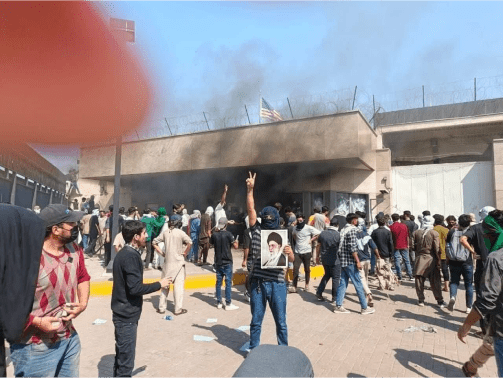LONDON: Oil prices steadied on Friday and were on track for their first weekly gain in three weeks after U.S. President Donald Trump and Chinese leader Xi Jinping resumed trade talks, raising hopes for growth and stronger demand in the world’s two largest economies.
Brent crude futures fell 9 cents, or 0.1%, to $65.25 a barrel by 1210 GMT. U.S. West Texas Intermediate crude lost 12 cents, or 0.2%, to $63.25.
On a weekly basis, both benchmarks were on track to settle higher after declining for two straight weeks. Brent has advanced 2.2% this week, while WTI is trading 4.1% higher.
China’s official Xinhua news agency said trade talks between Xi and Trump took place at Washington’s request on Thursday. Trump said the call had led to a “very positive conclusion,” adding the U.S. was “in very good shape with China and the trade deal.”
Canada also continued trade talks with the U.S., with Prime Minister Mark Carney in direct contact with Trump, according to Industry Minister Melanie Joly.
The oil market continued to swing with news on tariff negotiations and data showing how trade uncertainty and the impact of the U.S. levies are flowing through into the global economy.
Oil eases after US data shows large builds in fuel stocks
“The potential for increased U.S. sanctions in Venezuela to limit crude exports and the potential for Israeli strike on Iranian infrastructure add to upside risks for prices,” analysts at BMI, a Fitch affiliate, said in a note on Friday.
“But both weaker demand for oil and increased production from both OPEC+ and non-OPEC producers will add to downside price pressures in the coming quarters.”
Top exporter Saudi Arabia cut its July crude prices for Asia to near two-month lows. That was a smaller price reduction than expected after OPEC+ agreed to ramp up output by 411,000 barrels per day in July.
The kingdom had been pushing for a bigger output hike, part of a broader strategy to win back market share and discipline over-producers in OPEC+, which groups the Organization of the Petroleum Exporting Countries and allies including Russia.
“The market looks balanced in 2Q/3Q on our estimates as oil demand rises in summer and peaks in July-August, matching supply increases from OPEC+,” HSBC said in a note.
“Thereafter, accelerated OPEC+ hikes should tip the market into a bigger 4Q25 surplus than previously forecasted,” the bank added.







